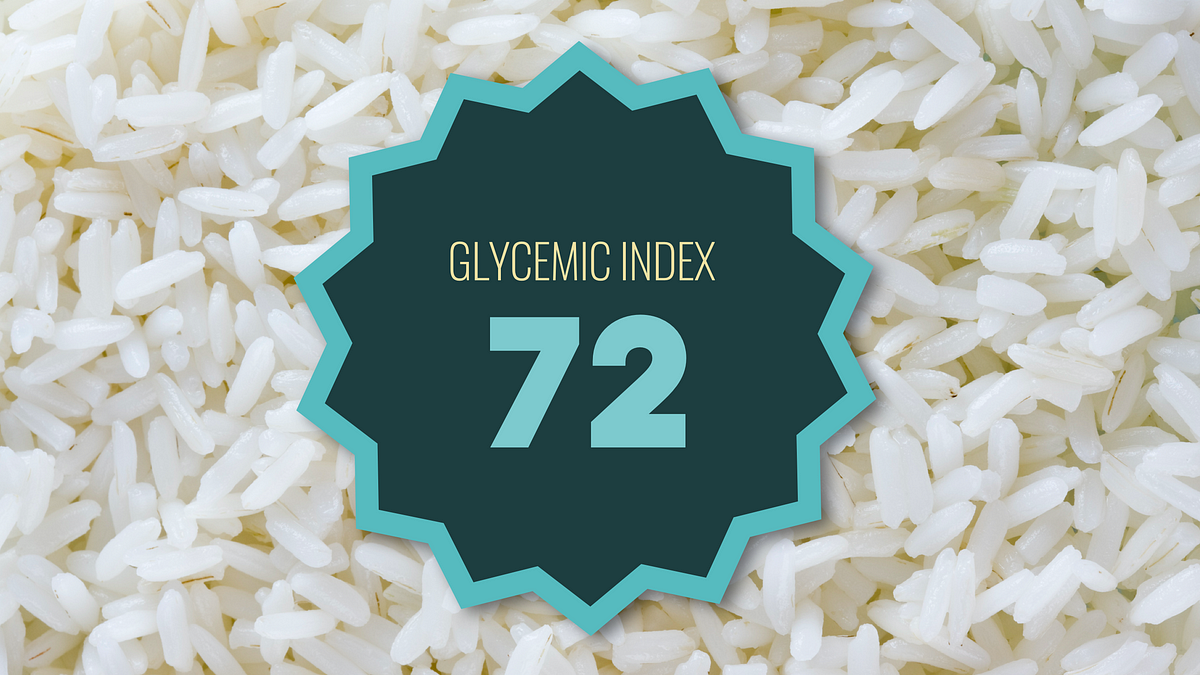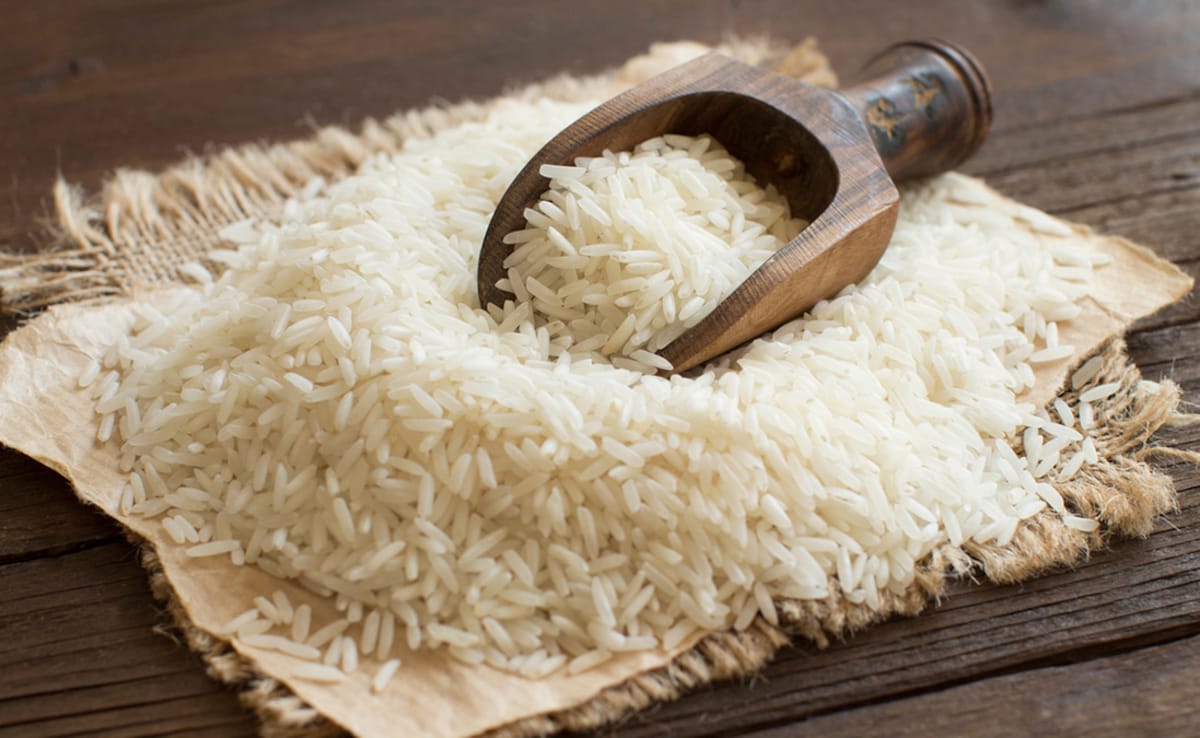Rice has been a staple food in many cultures for centuries, but it is widely believed that eating rice can cause weight gain. But almost 20% of the world's calories come from rice.
In this blog, we explore whether eating rice promotes weight loss or whether it is just a myth.
Rice's role in different cultures:
Rice plays significant cultural, nutritional, and economic aspects. centrality around the world. It could be a staple dish in Asian countries and a great source of imperative supplements like proteins, carbs, and a few follow components. But since rice is so common in numerous societies, there's continuous guess over its association with weight pick up.

Role of calories:
Like other foods, rice contains calories. It contains calories that provide energy to the body. Consuming more rice than your body needs can lead to weight gain. However, it is important to understand that weight gain is not determined only by one food, but by total calories and intake.
Nutritional value of rice:
Rice usually contains more carbohydrates less protein and the smallest amount of fat There are usually several different types of rice (white rice, brown rice, Irish rice, black rice, etc.) and the way they are prepared affects the nutritional value. Among them, white rice is the most popular and consumed because it self-preserves and also cooks in less time, while brown rice takes longer to cook but is more nutritious and contains more fiber and essential oil in comparison.
Glycemic Index (GI):
One figure regularly related to weight pick-up is the GI of nourishments. GI measures how rapidly carbohydrates in nourishment raise blood sugar. Tall GI nourishments like white rice can cause a fast rise in blood sugar, which can increment starvation and indulging, but brown rice includes less than white rice. In any case, combining rice with protein, tall fiber, or sound fats can lessen its influence on blood sugar levels.

Portion control and moderation:
Adding rice to a sound slim-down without weight pick-up requires portion control By altering rice with other nutrient-dense nourishments like vegetables, lean proteins, and strong fats, you will be able to make an adaptable supper that fulfills starvation and gives essential supplements without the included calories.
Cultural and Nutritional Context:
Think about friendly and sustenance parts. taking into account the effect of rice usage. Rice could be a staple sustenance in various social orders and is much of the time eaten up in direct totals as a piece of a change eat less. Weight get can happen when rice use is joined with a fixed lifestyle and overflow caloric confirmations from different sources.
Physical activity and lifestyle factors:
Ordinary activity, sufficient rest, stress the board, and general way of life impact body weight and arrangement. Faulting rice alone for weight gain improves the perplexing exchange of elements that influence well-being results.

Conclusion:
Although eating rice can promote weight gain if not eaten in moderation or when eaten with other foods, it is not inherently fattening. Portion control, dietary variety, and overall caloric balance are paramount. Adding rice to a varied and balanced diet can provide essential nutrients and promote overall health and well-being. As with any food, moderation and mindful eating are key to maintaining a healthy weight and lifestyle.

